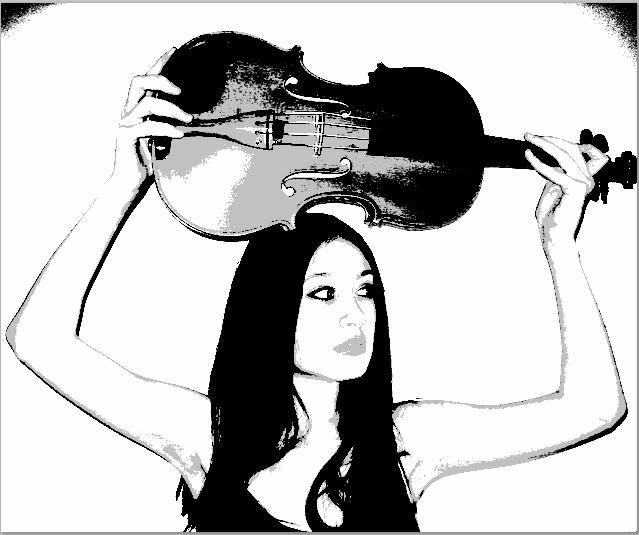I've begun reading Virginia Woolf's first novel, The Voyage Out.
I haven't read any of her other works, and I'm ashamed because not only do I admire her writing, but I relate to her on a personal level. I'm sure a lot of people misunderstood her while she was alive, or even thought she was strange or psychotic. In our modern day perspective of artists who have died, it's a strange tendency society has to romanticize their struggles, personally and artistically. It's another strange tendency to condemn those who, living, exhibit some of the same qualities.
Reading a short biography on Woolf, I was not surprised to learn that she was mistreated at many points during her life in addition to enduring significant hardships. She is not unique in that regard compared to many others, but the artistic personality she possessed magnified these tragedies and made it impossible for others to understand her completely. Perhaps after her passing it was then that the people close to her realized what a significant person they'd lost and had wished they'd have treated her better.
Sometimes people have to analyze their behavior and wonder why they're being stubborn about something, and how that makes other people feel. Within this Woolf novel I'm reading, so far there are a few characters who hardly give a damn about the protagonist, except to examine her flaws and judge them. I'm sure we could all relate to this to some extent; I know I can. What I've always found to be most striking, in novels and in real life, is how the closest people to you can be the most hurtful and the least willing to make it right.
Hopefully anyone who's reading this already has in mind their own Virginia Woolf, somebody they love but have mistreated in the past, and is considering taking the steps to better their relationship with that person.
I haven't read any of her other works, and I'm ashamed because not only do I admire her writing, but I relate to her on a personal level. I'm sure a lot of people misunderstood her while she was alive, or even thought she was strange or psychotic. In our modern day perspective of artists who have died, it's a strange tendency society has to romanticize their struggles, personally and artistically. It's another strange tendency to condemn those who, living, exhibit some of the same qualities.
Reading a short biography on Woolf, I was not surprised to learn that she was mistreated at many points during her life in addition to enduring significant hardships. She is not unique in that regard compared to many others, but the artistic personality she possessed magnified these tragedies and made it impossible for others to understand her completely. Perhaps after her passing it was then that the people close to her realized what a significant person they'd lost and had wished they'd have treated her better.
Sometimes people have to analyze their behavior and wonder why they're being stubborn about something, and how that makes other people feel. Within this Woolf novel I'm reading, so far there are a few characters who hardly give a damn about the protagonist, except to examine her flaws and judge them. I'm sure we could all relate to this to some extent; I know I can. What I've always found to be most striking, in novels and in real life, is how the closest people to you can be the most hurtful and the least willing to make it right.
Hopefully anyone who's reading this already has in mind their own Virginia Woolf, somebody they love but have mistreated in the past, and is considering taking the steps to better their relationship with that person.


No comments:
Post a Comment